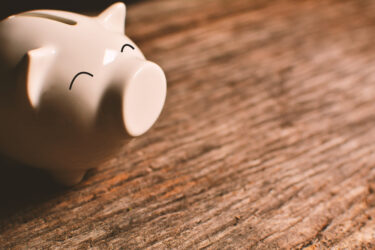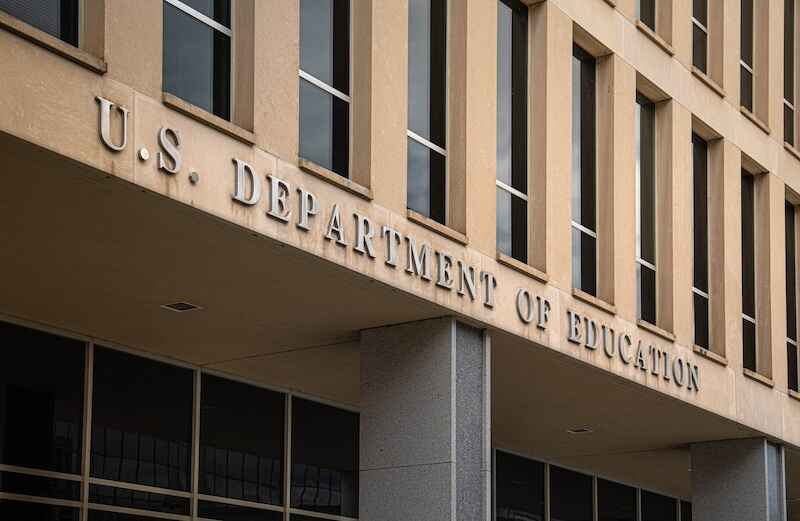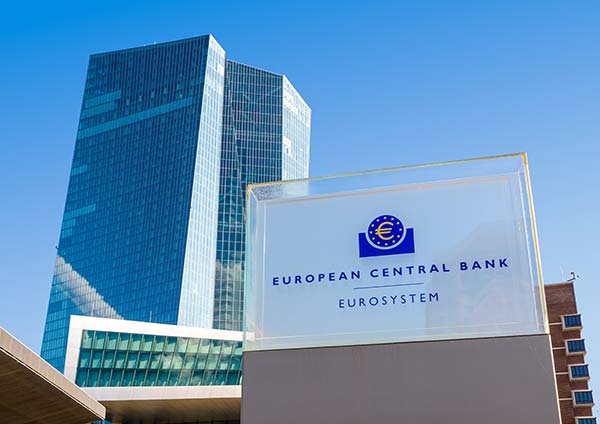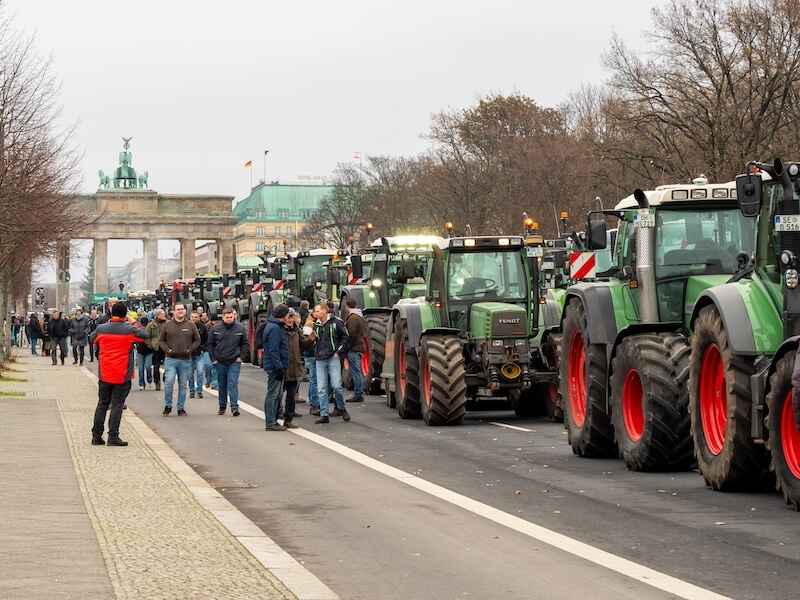A Surprising Dollar Alternative
Joel Salatin|July 18, 2023

Inflation concerns… debt concerns… privacy concerns…
All of these things and more have folks seeking alternatives to the U.S. dollar.
Gold and cryptocurrencies are the two most popular options bandied about.
But a couple of recent conversations have me wondering about other options…
One is a service business called “customized gardening.” The growing interest in home gardening offers new opportunities for entrepreneurs skilled in backyard-scale food production.
Imagine a professional gardener operating a dozen or more clients’ home plots and taking payment in vegetables. That produce could be traded for anything. Should supermarket shelves go bare again, food values would surely rise substantially.
The Chinese have a saying: “Plenty of food, many problems; no food, one problem.”
That’s probably as accurate an assessment as anyone could craft.
Right now, home-scale gardening is exploding across the do-it-yourself educational spectrum. Books, video courses, podcasts and websites on topics related to this space have never enjoyed such popularity.
As with all things related to preparedness, though, most people won’t make changes until after things become critical. They’ll be caught with their proverbial pants down and be stuck trying to play catch-up.
I’m trying to avoid the word conspiracy here. But whether food shortages occur due to disease, fertility loss, distribution problems or a segment of the population not participating in a central bank digital currency, the folks unable to get enough food will become new and desperate consumers for home gardeners.
The number of gardens required to feed an unsettled population will rise astronomically, and the most valued person in the culture will be the master gardener.
In late June, I enjoyed an hourlong call with a professor of agriculture at an African university. He said at least half the farmers in Africa do not have a bank account.
My ears perked up because that future could be mine. If it’s already happening somewhere, I wanted to know, how do they conduct business?
He said their most common bank account is a live animal. Goats and sheep are especially valuable because they are small enough to be butchered without hoists. They can also be eaten fairly quickly.
A cow is more valuable in the aggregate but not as valuable per pound. A chicken isn’t used quite as much as a medium of exchange as a sheep or goat but carries value for smaller transactions.
Think of it this way… A chicken is a $20 bill, a sheep or goat is a $100 bill, and a cow is a $1,000 bill. He said they hold on to their animals like money in a savings account. When a big purchase looms, like a school uniform or tuition payment, they trade an animal.
I’m fascinated by the ingenuity of people who get along in their daily lives when their culture’s currency falters or access to it become difficult.
When Russia stopped supporting Cuba and the island nation went through its purge, farmers earned more money than doctors. Anyone who had livestock or knew how to grow food was more revered than a professional.
Such an inversion of cultural and social value speaks to the truth of the Chinese axiom I cited above. When people are hungry, the most precious commodity is food.
The person who knows how to feed and fuel himself is in the driver’s seat if and when a culture heads into dysfunction.
That leads me to my final thought…
The future belongs not to the ones who run away in fear but to the ones who embrace faith.
Fear makes people get off their rears, but faith takes them to a new place. Fear can never excite long-term satisfaction. Only embracing something better can do that.
Becoming a master gardener might be tomorrow’s most compelling career move. Having some livestock to use as collateral isn’t a bad idea, either.
Many Americans, who have independence and nonconformity running deep in their DNA, will balk at accepting the next orthodox solution.
If that’s you, consider gardening and owning livestock as a hedge against a protracted time of societal upheaval.

Joel Salatin
Joel Salatin calls himself a Christian libertarian environmentalist capitalist lunatic farmer. Others who like him call him the most famous farmer in the world, the high priest of the pasture, and the most eclectic thinker from Virginia since Thomas Jefferson. Those who don’t like him call him a bioterrorist, Typhoid Mary, a charlatan, and a starvation advocate. With a room full of debate trophies from high school and college days, 12 published books, and a thriving multigenerational family farm, he draws on a lifetime of food, farming and fantasy to entertain and inspire audiences around the world.





